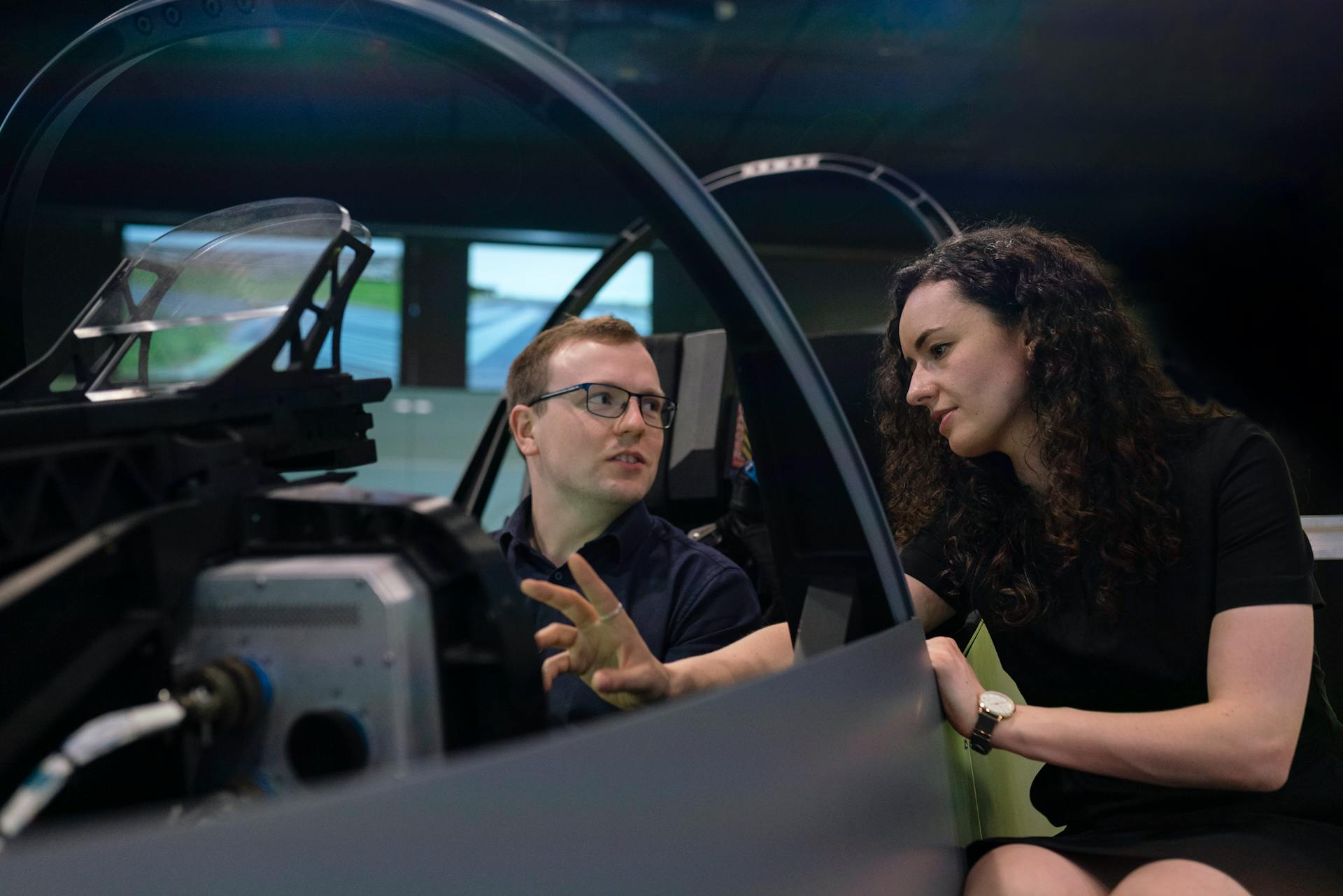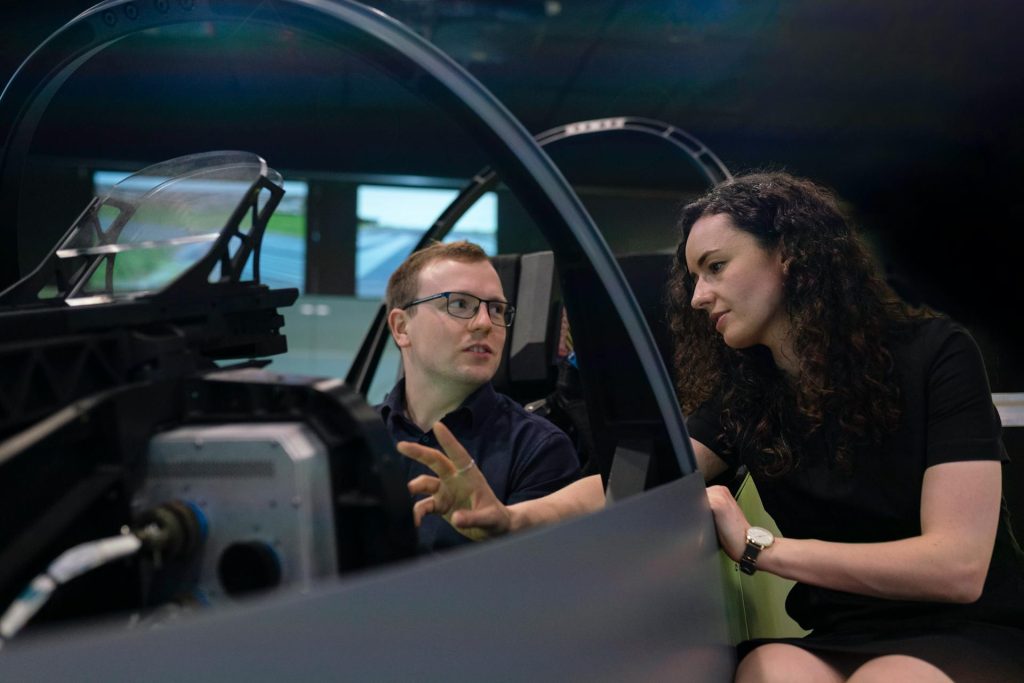
Introduction
In the rapidly evolving aerospace industry, success depends on the ability to analyze and manage complex projects with precision and agility. Professionals seeking to excel in this field must cultivate a unique blend of technical and soft skills to stay ahead. Whether you’re looking to enhance your expertise or are new to the field, enrolling in an aerospace online course can provide foundational knowledge and advanced techniques necessary for this demanding industry.
Staying current is indispensable, as aerospace projects often integrate cutting-edge technologies, regulatory updates, and best practices. Gaining the right skills not only increases your value as a team member but also prepares you to navigate the dynamic challenges of modern aerospace environments.
Technical Proficiency
Modern aerospace project analysts are expected to utilize advanced engineering tools, such as CAD/CAM, MATLAB, and ANSYS, to design, simulate, and evaluate aerospace systems. These platforms allow for the creation of intricate models that simulate real-world conditions, ensuring that components perform as intended before they’re built. Coupled with a strong background in mathematics and physics, technical proficiency enables analysts to interpret complex datasets, diagnose design flaws, and perform iterative testing to optimize performance. Technical excellence is the difference between a project that advances aerospace innovation and one that lags behind.
Problem-Solving and Analytical Skills
The ability to quickly understand and resolve multifaceted challenges defines the best aerospace project analysts. Aerospace projects, from launch systems to satellite navigation, present a myriad of technical and logistical hurdles. Data-driven analysis is crucial: identifying the root causes of performance bottlenecks, safety vulnerabilities, or unexpected costs involves detailed scrutiny and logical frameworks. Analysts who excel use methods such as root cause analysis and risk assessment to ensure that decisions are based on reliable evidence and projected outcomes, rather than guesswork. These skills form the heart of innovation—turning theoretical concepts into practical, safety-critical solutions.
Communication and Teamwork
Effective aerospace projects are the result of seamless collaboration among engineers, analysts, managers, and stakeholders. The complexity of the work requires that all team members understand the project’s goals, progress, and technical intricacies. Analysts must be able to present technical findings through well-structured reports, persuasive presentations, and real-time updates. Listening to feedback and integrating diverse perspectives ensures balanced solutions, thereby increasing the likelihood of project success. Strong teamwork also fosters a culture of trust, feedback, and shared responsibility—cornerstones of high-performing aerospace environments.
Adaptability and Continuous Learning
The aerospace industry’s pace of change—driven by advancements such as additive manufacturing, autonomous flight, and continually evolving safety standards—demands resilience and continuous self-improvement. Aerospace analysts must regularly update their skills, seek out webinars, certifications, and training modules, and stay engaged with industry news. Adapting to new project management software, design methodologies, or regulatory shifts is not just a recommendation—it’s a requirement for those wanting sustained relevance and leadership. Embracing change fuels personal growth and organizational advancement, positioning you and your team for ongoing success in an increasingly competitive marketplace.
Project Management and Organizational Skills
Managing large-scale aerospace projects involves orchestrating tasks, timelines, budgets, and communications among various stakeholders. Time management and prioritization are essential for meeting project milestones and ensuring deliverables remain on track. Tools like Gantt charts or software such as Microsoft Project streamline workflows and aid in resource allocation, helping analysts avoid missed deadlines or budget overages. Effective project management reduces risk and creates an environment where teams are empowered to focus on innovation and quality rather than crisis management. Guidance on project management best practices can be found at the Project Management Institute.
Attention to Detail
Even minor errors in aerospace project analysis can have major ramifications for safety, performance, and cost. Every calculation, model, and report must be double-checked for accuracy, adhering to rigorous industry standards. Attention to detail ensures that deviations—no matter how small—are detected early in the analysis phase, reducing the risk of failures later in the engineering or operational stages. Aerospace analysts with a meticulous approach contribute to the overall safety, efficiency, and reliability of every project.
Mastering these essential skills allows aerospace project analysts to confidently navigate the complexities of modern aerospace challenges and make impactful contributions to their organizations’ success. Proactive skill development and a commitment to excellence are the hallmarks of industry leaders in aerospace project analysis.









